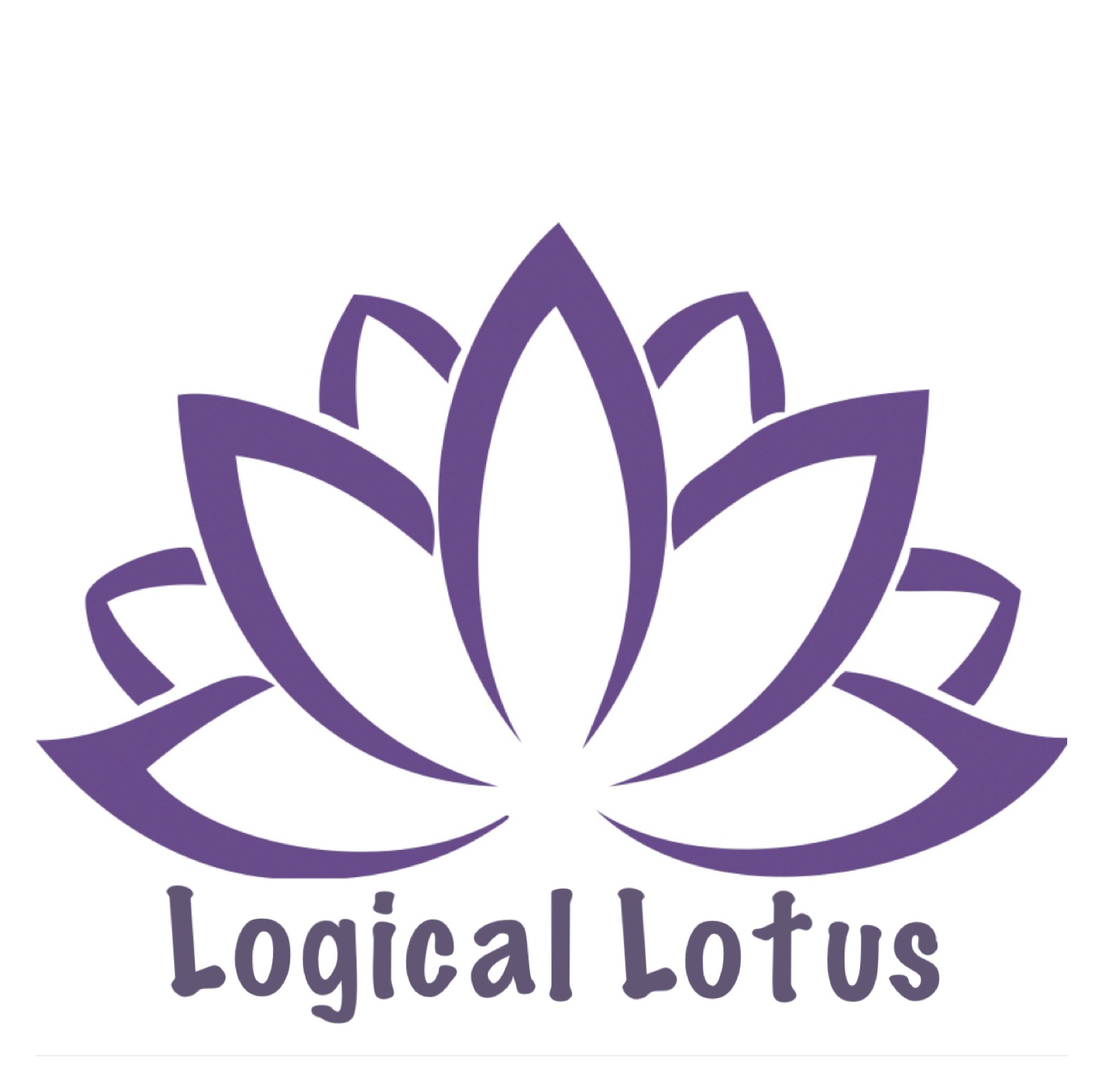When you practice mindfulness, you gain a deeper understanding and appreciation of yourself, your relationships, and all of life. Living your life more mindfully is positively transformative (mind, body, and spirit); it’s a whole new world for some of us! Read on to learn more about mindfulness and mindful living!

What Is Mindfulness Exactly?
Mindfulness has become a buzzword over the past couple of decades, primarily due to its stress-reduction benefits. Yet the concept of mindfulness originated thousands of years ago (you can read more about its history here).
Mindfulness means embracing the present moment as it is – without judgment or clouded perception; it’s an innate facet of our being, revealed or accessed when our mind is clear and calm. When mindful, you sustain a moment-to-moment awareness of your thoughts, emotions, bodily sensations, and the world around you.
The Present Moment
When your mind drifts from thought to thought, you’re traveling to the past via memories or projecting into the future; hence you’re not entirely present or living in the moment.
Your mind sheaths your natural quality of mindfulness (AKA “present moment awareness”) because it automatically makes associations between experiences and memories (which spawns related thoughts and emotions, whether pleasant or unpleasant).
While we depend on our minds to guide and protect us in life, not all mental chatter is helpful, and excessive mental activity detracts from the fullness of the present moment, inhibiting clarity of mind (while sometimes disturbing our peace of mind).
What About Mindful Living?
Mindful living is about taking moments in daily life to be fully present. Living more mindfully inspires positive change and growth while revealing inner peace.

The Impact of Mindful Living
Being more present as life unfolds influences your perception, acceptance, and absorption of life’s moments; the beneficial effects of living more mindfully are uplifting and transformative (mindfulness supports total wellness, mind, body, and spirit). Read on to learn more about the life-changing impact of mindful living.

Awareness Brings Growth & Change
Mindful living helps you maintain a healthy mental space to analyze, understand, and guide your thoughts and behaviors. Colossal changes are possible when you are conscious of yourself and act on what you learn. Self-awareness nurtures growth from the inside out! It all starts with awareness.

Clear Perception
Your perception dictates how you view yourself and the world; clear perception (present moment awareness) enables you to see things as they are and life as it is; this is invaluable regarding growth. In addition, when you perceive yourself and others through a compassionate, non-judgmental lens, your capacity to value, love, and invest in yourself (and others) blossoms.

More Gratitude
As you become more aware of yourself, your relationships, and your world, your appreciation for everything in your life expands; you’ll awaken to and treasure the essence of everyone and everything. You’ll absorb and enjoy moments as they occur and acknowledge all the blessings in your life (even the blessings in disguise; those sometimes annoying or painful lessons).

Compassion Flourishes
Your sense of connection to everyone in your life naturally strengthens when living mindfully; you observe and feel the interconnectedness of our world, so your love and compassion flourish and emanate (deepening and beautifying your relationships in the process).
Mindfulness Brings Peace
Peace may be your top reason to practice mindfulness (it is for many folks). You’re at peace when wholly tuned into the present moment, simply being. You’re not chasing thoughts, thinking about yesterday or tomorrow. Instead, you’re connecting with yourself and the moment’s grandeur.

This state of being brings mental clarity, peace of mind (and, ultimately, inner peace); this is especially helpful during busy or challenging times when you most need comfort and stability.
More Resilience
When you’re awake within life’s moments, you see things as they are, unfettered by false perception; this ability helps as life unfolds because your mindset deems your response to life’s inevitable ebbs and flows. You can make things better or worse when obstacles or hardships occur, depending on your mental attitude or mindset. With clarity of mind, you possess the mental space and freedom to choose your reactions (and actions) with wisdom and compassion, assisting yourself and others in positive, productive ways.
A Growth Mindset
As you become more mindful in your daily life, you’ll ponder the thoughts that cause stagnation to your growth (those pesky thought patterns that hold you back).

Unfortunately, we sometimes conform to, and support thought patterns that prevent growth, with little to no awareness of them. If distorted thoughts are left unchecked, they’re inadvertently reinforced, becoming your mindset (and reality). Though you may not inherently know which thought patterns are stagnating your growth, you thrive once you’re aware and “put in the work” to change them.
Mindfulness Is Conducive to a Growth Mindset
Clearing and replacing destructive thought patterns (or old patterns that no longer serve a purpose) usually requires conscious, continual effort. Fortunately, when mindful, you can stop old, harmful thought patterns and behaviors by adopting new, productive thoughts (and accompanying habits); a growth mindset is attainable with mindfulness.
Create Your Ideal Reality
Your internal dialogue influences your mindset (which is reason enough to be mindful of your thoughts). But your thoughts determine more than your mindset! Your thoughts drive your emotions and actions (and your actions fundamentally manifest your reality).

When present, you’re in the driver’s seat and not on “auto-pilot”; you have the freedom to choose your thoughts and create your ideal world.
How Do I Enhance Mindfulness to Live More Mindfully?
Before we delve in, please remember that mindfulness is technically already there (at your core); but it’s a hidden gem marred by conditioning. Therefore, at first, more effort is required to access mindfulness and live more mindfully. There are many ways to enhance your ability to be mindful; here are four basic ways to get you started.

Four Ways to Enhance Mindfulness
1. Practice Meditation
Meditation encourages and boosts mindfulness; though meditation isn’t the only route to mindfulness, it’s a profound route. In meditation, you hold your attention on the present moment or another focal point. You may begin with an uncomplicated meditation, like the breath meditation found in this article. However, there are plenty of other meditations you can utilize.
With breath meditation, you diligently focus on the breath, harnessing your mind if it wanders too far (you’re not suppressing thoughts, merely observing them and gently redirecting your attention to the breath as needed).
Be sure to commit to regular meditation for optimum results!

2. Absorb Your Environment
Tuning into the present moment through all of your senses is another simple way to practice mindfulness.
Merely notice the distinct smells, sights, and sounds around you; concentrate on them, individually or all at once, feeling the joy of the moment as you do so. Absorb all aspects of the present moment thoroughly, without letting your mind meander for long. If it does, bring yourself back to the present moment by refocusing on your environment.

3. Commit Your Complete Attention to the “Task at Hand”
Being present when performing everyday tasks is a convenient way to practice mindfulness. Of course, you can be mindful while performing any job, from cooking to driving, but below is the example of frying eggs.
As you prep and fry your eggs, immerse yourself in the whole experience (especially sense-wise).
When cooking, notice the sounds (such as the sizzling of eggs), the texture and color of your eggs, and the savory aromas you encounter.
Also, be sure to consistently center your attention on the action of making your eggs, observing each step’s cause and effect as you prep and cook.

Recenter your attention to the experience of frying your eggs when your mind strays from the present moment.
Remember, you don’t have to cook food for this mindfulness practice. You can apply the above technique to any task.
4. Acknowledge and Manage Your Feelings Mindfully
Next time you sense yourself becoming buried in frustration, anger, anxiousness, fear, or any other heavy emotion, consciously center yourself in the present moment before these emotions overwhelm you (and then face your feelings!). You can do breath meditation or another mindfulness-inducing technique to center yourself before being introspective.

When present, you possess the mental space to investigate your feelings honestly. Acknowledging and managing your emotions from a non-judgmental, compassionate perspective allows you to explore, understand, and respond healthily to them.
As a result, you’ll sustain peace of mind, even when confronted with stressful or demanding life situations. Learn lots more about managing your feelings mindfully in this simple guide.
Parting Thoughts?
Balance, growth, and peace are found when you’re more present in everyday life.
Live, learn, and grow, friends!










Leave a Reply
Your email is safe with us.